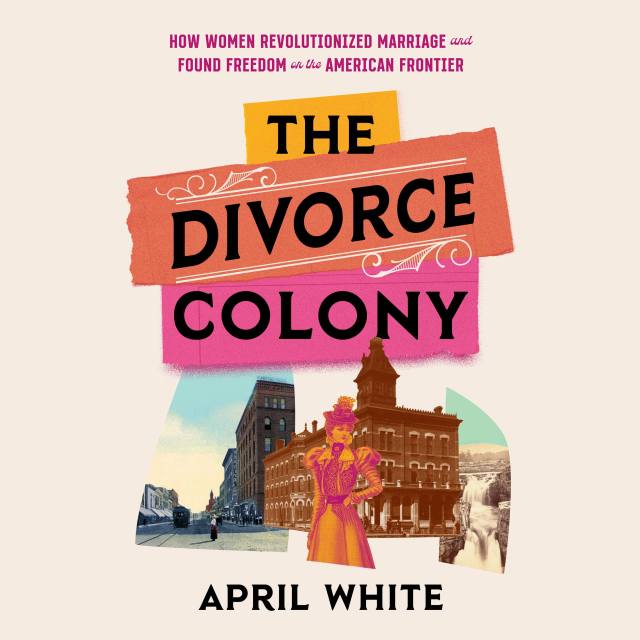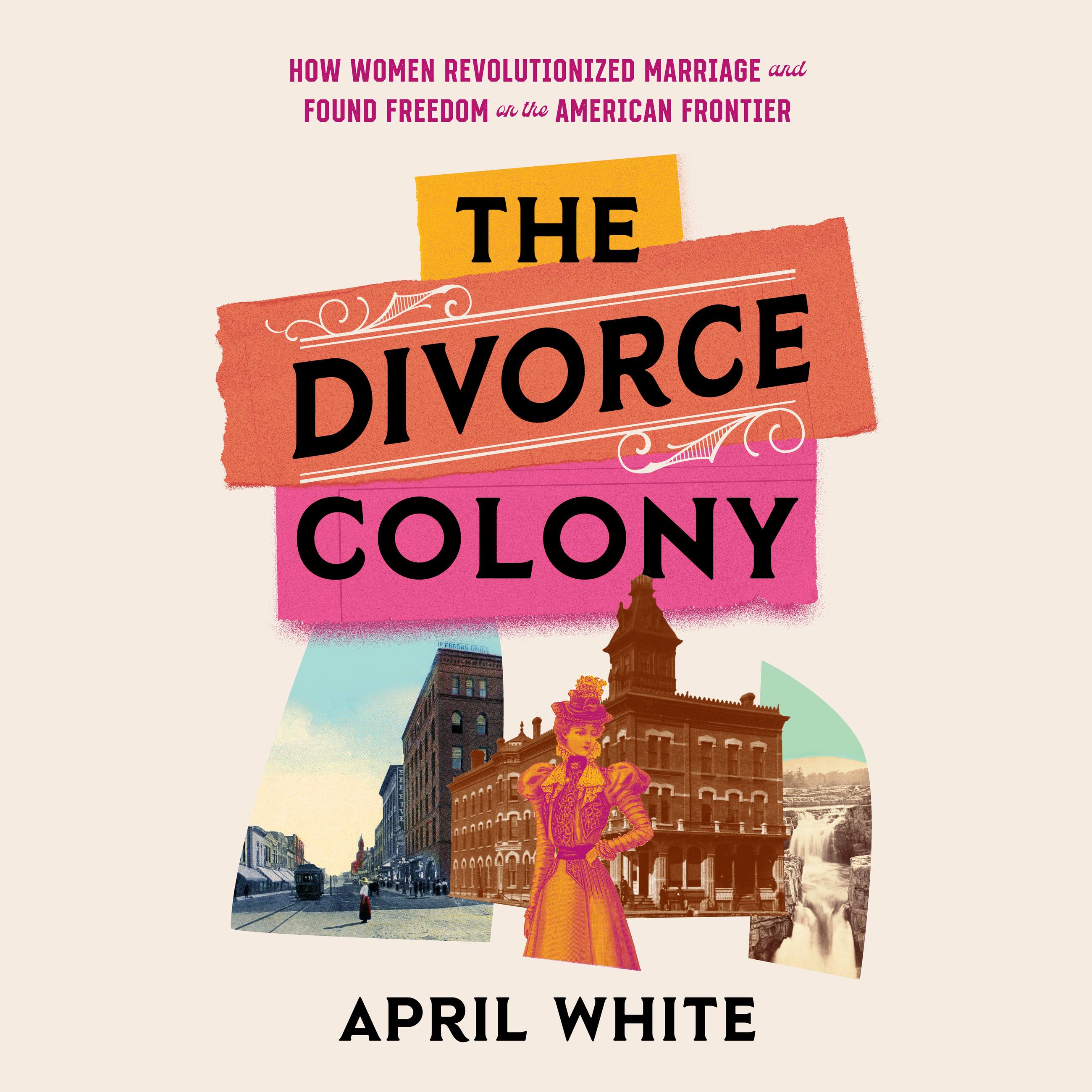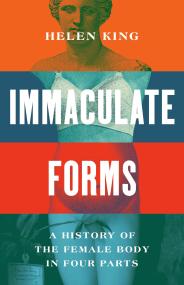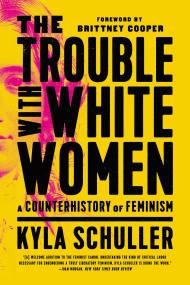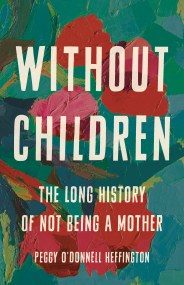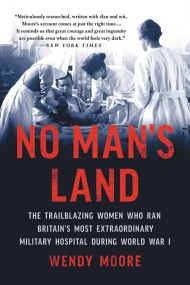By clicking “Accept,” you agree to the use of cookies and similar technologies on your device as set forth in our Cookie Policy and our Privacy Policy. Please note that certain cookies are essential for this website to function properly and do not require user consent to be deployed.
The Divorce Colony
How Women Revolutionized Marriage and Found Freedom on the American Frontier
Contributors
By April White
Read by April White
Read by Lisa Flanagan
Formats and Prices
Price
$24.99Format
Format:
- Audiobook Download (Unabridged) $24.99
- ebook $16.99 $21.99 CAD
- Hardcover $30.00 $38.00 CAD
Also available from:
For a woman traveling without her husband in the late nineteenth century, there was only one reason to take the train all the way to Sioux Falls, South Dakota, one sure to garner disapproval from fellow passengers. On the American frontier, the new state offered a tempting freedom often difficult to obtain elsewhere: divorce.
With the laxest divorce laws in the country, five railroad lines, and the finest hotel for hundreds of miles, the small city became the unexpected headquarters for unhappy spouses—infamous around the world as The Divorce Colony. These society divorcees put Sioux Falls at the center of a heated national debate over the future of American marriage. As clashes mounted in the country’s gossip columns, church halls, courtrooms and even the White House, the women caught in the crosshairs in Sioux Falls geared up for a fight they didn’t go looking for, a fight that was the only path to their freedom.
In The Divorce Colony, writer and historian April White unveils the incredible social, political, and personal dramas that unfolded in Sioux Falls and reverberated around the country through the stories of four very different women: Maggie De Stuers, a descendent of the influential New York Astors whose divorce captivated the world; Mary Nevins Blaine, a daughter-in-law to a presidential hopeful with a vendetta against her meddling mother-in-law; Blanche Molineux, an aspiring actress escaping a husband she believed to be a murderer; and Flora Bigelow Dodge, a vivacious woman determined, against all odds, to obtain a “dignified” divorce.
Entertaining, enlightening, and utterly feminist, The Divorce Colony is a rich, deeply researched tapestry of social history and human drama that reads like a novel. Amidst salacious newspaper headlines, juicy court documents, and high-profile cameos from the era’s most well-known players, this story lays bare the journey of the turn-of-the-century socialites who took their lives into their own hands and reshaped the country’s attitudes about marriage and divorce.
Genre:
-
"For those out there who have an abiding fascination with nineteenth-century railways, with matters concerning sex, scandal, divorce, exile, and refuge, with the Frontier and the prairies—for anyone who would fain meld Peyton Place with West by Northwest and The Shining, April White has done us all a great favor. I loved every word of this most surprising book."Simon Winchester,, New York Times bestselling author of The Professor and the Madman and The Men Who United the States
-
“Unearthing a hidden gem previously lost to history, April White weaves impeccable research and elegant prose into a thought-provoking page turner. The Divorce Colony is an irresistible work of narrative nonfiction.”Matthew Pearl, New York Times bestselling author of The Dante Club and The Taking of Jemima Boone
- On Sale
- Jun 14, 2022
- Publisher
- Hachette Audio
- ISBN-13
- 9781668605288
Newsletter Signup
By clicking ‘Sign Up,’ I acknowledge that I have read and agree to Hachette Book Group’s Privacy Policy and Terms of Use
